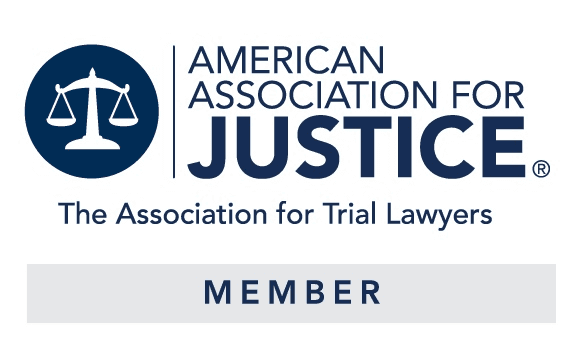
Back Injury
Back injuries are often devastating. Any form of trauma to the back can have long-term effects on mobility, daily functioning, and earning capacity. When the spinal column is involved, injuries can lead to permanent paralysis and the need for lifelong attendant care.
If you or a loved one has suffered a back injury, it is critical to understand both the medical and legal implications. Knowing how these injuries are diagnosed, treated, and compensated can help you recognize when it’s time to contact a back injury lawyer.
Understanding Back Injuries
A back injury refers to any type of physical harm to the back and can affect the neck, shoulders, arms, spine, or legs. Injuries may involve bones, nerves, or soft tissues such as muscles, tendons, and ligaments.
The most common form of back injury involves the spinal column, which consists of 33 vertebrae separated by cushioning discs. The spine plays a vital role in nearly all physical movement—walking, standing, bending, and more.
Because nerves extend from the spinal cord throughout the entire body, damage to this area can impact sensory perception, motor control, and even organ function.
Common Causes of Back Injuries
Back injuries can occur in nearly any setting. The spine has limited protection, which makes it especially vulnerable during high-impact accidents.
Frequent causes include:
- Car accidents
- Motorcycle accidents
- Falls
- Workplace accidents
- Defective products
Motor vehicle and workplace accidents are among the leading sources of back injuries. Industrial and construction settings in particular are associated with falls, crush incidents, and caught-between accidents.
These injuries often lead to high medical costs, loss of income, and long-term disability.
Signs and Symptoms of a Back Injury
Back injury symptoms vary widely depending on the location and severity of the trauma. In extreme cases, paralysis can occur immediately. Other times, signs may develop gradually.
Common symptoms include:
- Mild to severe back pain
- Numbness or tingling
- Limited range of motion
- Difficulty walking or standing
- Trouble moving limbs or turning the head
- Bruising or discoloration
- Difficulty breathing
Prompt medical attention is essential. Early diagnosis can prevent the injury from worsening and also strengthens your legal claim if compensation becomes necessary.
Diagnosing a Back Injury
After a suspected back injury, a full medical evaluation is crucial. Doctors may begin with a physical exam, but additional tests are often required to fully understand the extent of the damage.
Diagnostic tests may include:
- X-rays
- MRI scans
- CT scans
- Neurological evaluations
- Blood and urine tests
These tests help detect damage to bones, nerves, and soft tissue. Urine testing can also identify potential kidney injuries, which are often overlooked but may accompany lower back trauma.
Treatment Options for Back Injuries
If spinal, nerve, or organ damage is found, surgery may be required to stabilize the affected area. This may include the insertion of metal plates, screws, or rods to preserve spinal structure and function.
After surgery, recovery may involve weeks or months of rest followed by rehabilitation:
- Physical therapy to restore mobility and strength
- Occupational therapy to adapt to limitations
- Long-term care in severe cases of paralysis
Paralysis typically affects all bodily functions below the point of injury. Lower spine injuries may impair leg movement, while cervical spine injuries can impact both arms and legs.
Outcomes depend heavily on the injury’s severity, the treatment received, and the timing of intervention.
Recovering Back Injury Compensation
Even with a full recovery, a back injury often leads to steep medical bills and lost income. More serious cases—especially those involving permanent disability—can affect your ability to work and live independently.
A back injury claim may allow you to recover compensation for:
- Past and future medical expenses
- Surgical procedures and assistive devices
- Rehabilitation and therapy
- In-home attendant care
- Lost wages and reduced earning capacity
- Pain and suffering
An experienced personal injury lawyer can help you build a claim, prove liability, and negotiate a fair settlement to secure the financial support you need.
Call a Georgia Back Injury Lawyer for Legal Help
If you or a loved one has suffered a back injury in Georgia, Kunnatha Lawson LLC is here to help. You may be entitled to compensation, but your time to file a claim is limited.
Contact our legal team today to schedule a free consultation. We will evaluate your case and explain your legal rights and options for financial recovery.
Call us now at 678-446-3655 to speak with an experienced Georgia back injury lawyer.
Georgia Personal Injury Lawyers
We focus exclusively on serious personal injury cases, including:
Assault Injuries
Bad Faith Insurance
Bicycle Accident
Brain Injury
Bus Accidents
Car Accidents
Catastrophic Injuries
Child Injuries
Construction Accidents
Dog Bites
If your life was disrupted by someone else's negligence, we're here to restore your power through the law.











